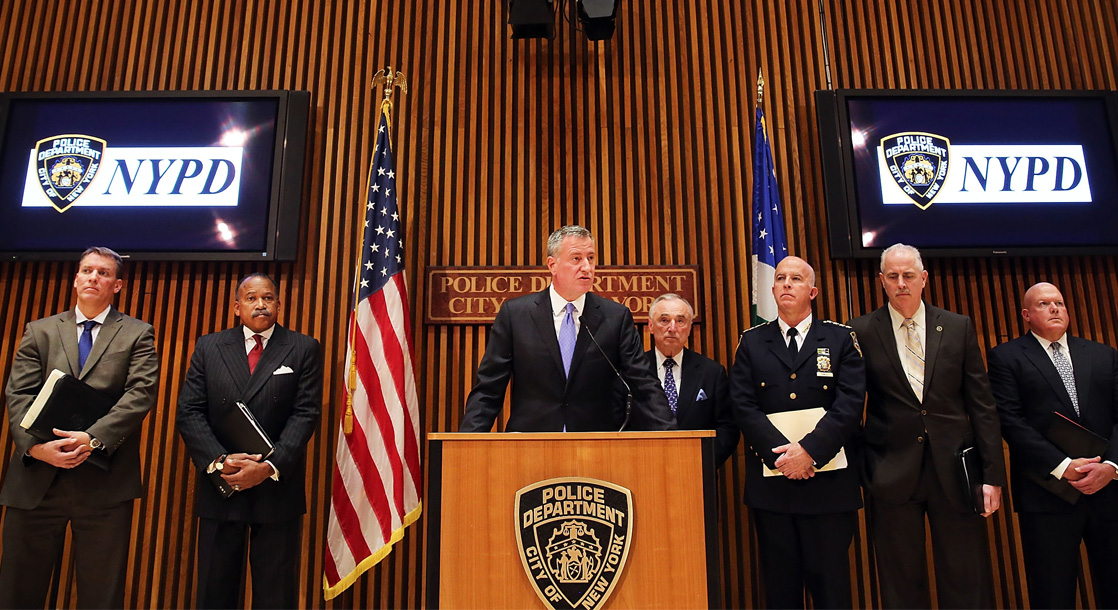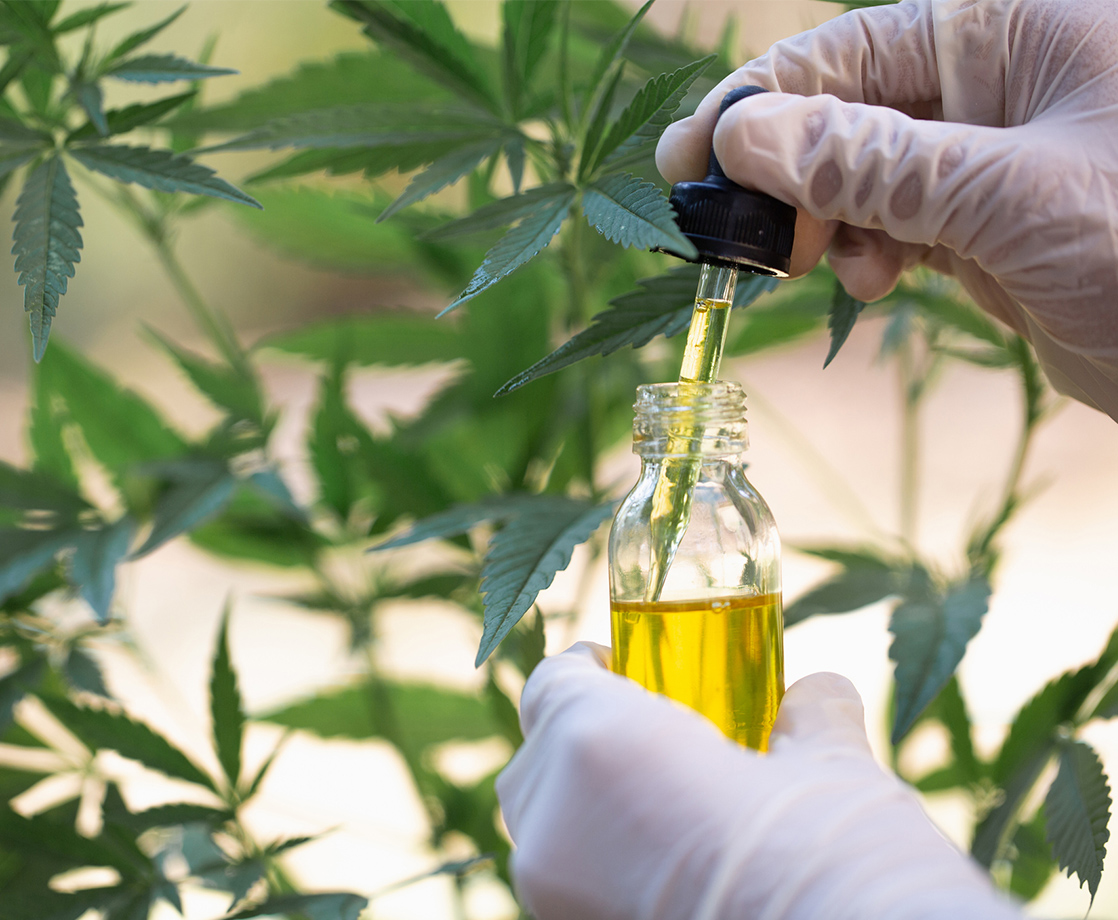New York Police Commissioner William Bratton, known for his “zero tolerance” policing policy made popular in Los Angeles and New York over the past 25 years, rallied against marijuana legalization in a radio interview over the weekend.
"In New York City, most of the violence we see around drug trafficking is involving marijuana, and I have to scratch my head as we are seeing many states wanting to legalize marijuana or liberalization of policies," he said in the interview with greek billionaire businessman John A. Catsimatidis.
Bratton’s comments, which demonstrate not only a lack of understanding of the cannabis plant, but also socio-economics, clearly justify the imperious policing policies of his Departments. Bratton, 68, claimed most of the city’s drug trafficking violence stems from marijuana.
Bratton, who views terrorism as a major national problem, has long advocated aggressive policy for general policing. He has inspired politicians and police commissioners not only in the US—he has advised Oakland on its policy—but, also, abroad. Prime Minister David Cameron tried to make Bratton police commissioner in London, which was blocked on grounds that the police commissioner must be a British citizen.
Bratton has overseen two important police departments at a time when growing police brutality has led to widespread discontent. Although Bratton champions his work to diversify his police forces, 70 percent of incarcerated individuals are black or Latino. In the 1990s, the US male prison population increased 77 percent. The number of women in prison nearly doubled.
Bratton believes a police force needs ''a lot of arrows in the quiver.” He promotes a doctrine of “escalating force” whereby so-called ‘non-lethal’ weapons—rubber bullets, tasers and water cannons—are at the disposal of the police.
Last year, Bratton came under fire when a former Los Angeles and New York police commissioner Raymond Kelly suggested crime was being under-reported in New York.
This flies in the face of the long refrain by Bratton and his advocates that, where he is in charge, crime falls even amid a troubled economy.
“There’s concern that there’s a redefining of terms that were used in the past, particularly in shootings,” Kelly said. “The citizens have a right to know what’s going on in the streets.”
Bratton told Kelly to provide evidence: “Man up, provide the source. This is a former police commissioner basically dealing in tabloid politics.”
An individual familiar with Bratton and the former police commissioner Kelly described them as “two high-level testosterone competitors.”
For certain, Bratton demonstrates ignorance on the issue of cannabis and policing. One needs only to look at the history of alcohol prohibition to realize Bratton’s argument—that cannabis is dangerous and therefore should not be legalized—fails to exercise reason.
Just imagine his comments if he had made them in the '30s:
"In New York City, most of the violence we see around drug trafficking is involving [alcohol], and I have to scratch my head as we are seeing many states wanting to legalize [alcohol].”
Prohibition a distant memory approximately 85 years later, few would suggest that legal alcohol has led to an increase in alcohol-related violence since the days of Al Capone.











